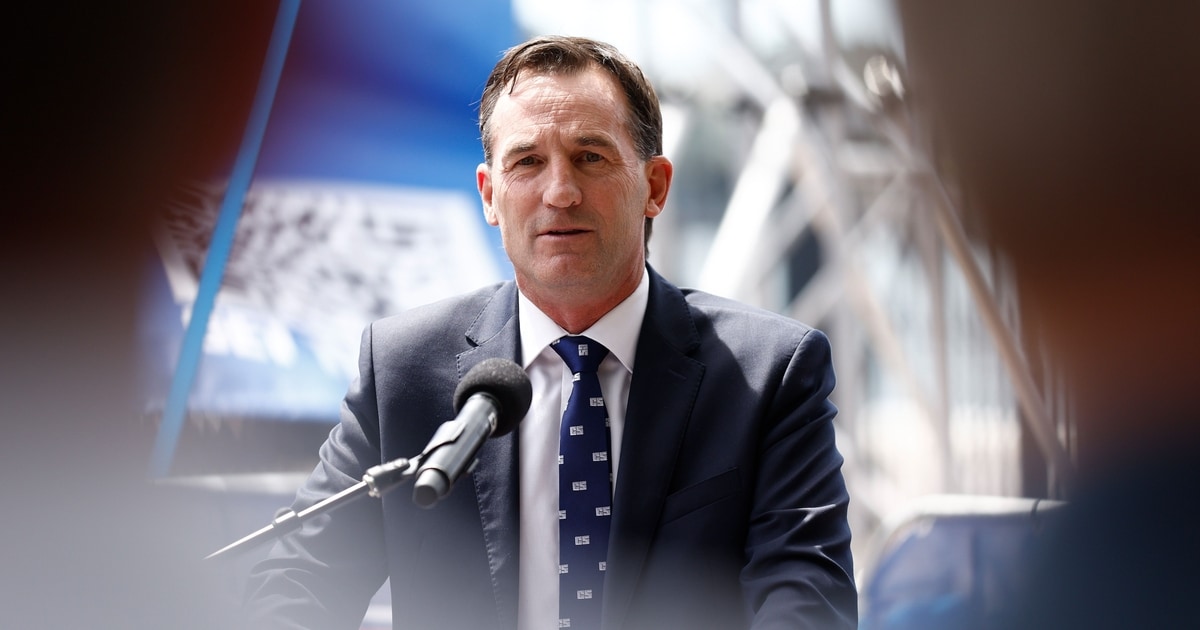you are allowed to dope in Pro sport, you are just not allowed to get caught. There is a major difference. And if you read the WADA regulations thru a biochemist's lens, you will see that you can get all your foreign exogenous enhancement, under the tresholds. The thresholds are arbitrarily* high*, allowing you to dope within it.There's a good chance Dank does know but for any number of reasons refuses to divulge that information.
* "arbitrarily high" seems like a paradox, atleast in the oxford definition, blackcat did you mean intentionally high? well yes I did, however the description was meant to illustrate how the WADA drug tests obfuscate for the layperson, that one can pass a test, therefore they are not on PEDs. Well, this is manifestly wrong. However this is the intent of the Olympic Charter and WADA.
Have a conversation with Savulescu out at Clayton when he is doing some domestic work home from Oxford. I know he would give you 5 minutes.
edit: grammar
Last edited:










